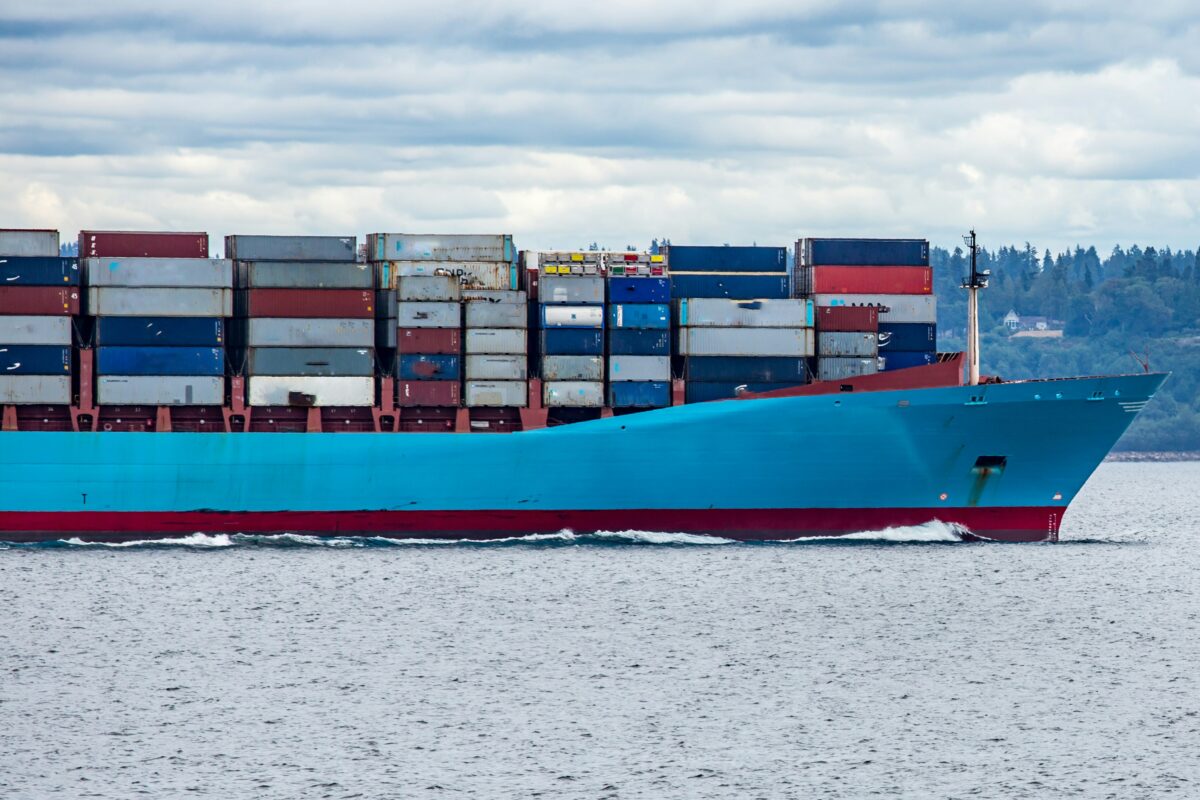From pv magazine USA
The U.S. Commerce Department announced a preliminary decision on countervailing duties on solar cells imported by companies in Vietnam, Cambodia, Malaysia and Thailand.
Some of the tariffs are much lower than initially thought, for example, Philip Shen, an analyst with Roth Capital Partners said in a note that he had been expecting duties of around 15%.
Commerce reported that the duties would be as follows:
- Vietnam 2.85%
- Cambodia 8.25%
- Malaysia 9.13%
- Thailand 23.06%
Tariffs for imported solar components from these companies had been paused since 2022 and it was set to expire in June 2024. A petition signed by the American Alliance for Solar Manufacturing Trade Committee coalition was filed in late April 2024 and, on May 15, 2024, the U.S. International Trade Commission and the Department of Customs announced an investigation would be launched into suppliers from the four Southeast Asian nations.
Companies that signed the petition include First Solar, Qcells, Meyer Burger, REC Silicon, and others that have invested in US solar manufacturing capacity. The petitioners said the U.S. solar “manufacturing renaissance” was threatened by heavily subsidized Chinese cells and modules.
“China’s unfair and illegal trade practices have inundated the market with dumped solar panels, undercutting the US ability to compete,” said the group. Solar module prices have fallen by more than half over the last 12 months to a record low, according to online solar trading platform pvXchange.
If U.S. solar developers sourced 55% of solar goods domestically, 900,000 US jobs would be supported by 2035, said the petitioners. They added that “onshoring” the solar supply chain would cut solar manufacturing emissions by 30%.
“This preliminary determination shows that we are still very early in these investigations, and we expect the final determination to reflect the true harm these imports bring to U.S. manufacturing,” said Tim Brightbill, partner at Wiley Rein and lead counsel to the petitioners. “We are confident that the duty rates will increase as Commerce continues to investigate newly alleged subsidies. It is our understanding that producers in all four countries are still responding to detailed questionnaires required in these cases which will impact the final findings.”
The American Alliance for Solar Manufacturing Trade Committee coalition said in a statement that the preliminary determination represents just one aspect of the efforts of American companies seeking to restore fair trade to the U.S. market, and to protect billions of dollars of investment in new American solar manufacturing. The next step will be preliminary anti-dumping determinations, scheduled for late November.
Opponents of this move have said that if the Department of Commerce were to implement the tariffs suggested by the group, it would lead to the United States paying three times the international price for solar panels. ACORE (American Council on Renewable Energy) president and Chief Executive Officer Ray Long said a finding of AD/CVD violation “could unintentionally cede U.S. leadership in the solar industry to other countries.”
A second preliminary decision on the anti-dumping case is expected in November.
This content is protected by copyright and may not be reused. If you want to cooperate with us and would like to reuse some of our content, please contact: editors@pv-magazine.com.




By submitting this form you agree to pv magazine using your data for the purposes of publishing your comment.
Your personal data will only be disclosed or otherwise transmitted to third parties for the purposes of spam filtering or if this is necessary for technical maintenance of the website. Any other transfer to third parties will not take place unless this is justified on the basis of applicable data protection regulations or if pv magazine is legally obliged to do so.
You may revoke this consent at any time with effect for the future, in which case your personal data will be deleted immediately. Otherwise, your data will be deleted if pv magazine has processed your request or the purpose of data storage is fulfilled.
Further information on data privacy can be found in our Data Protection Policy.